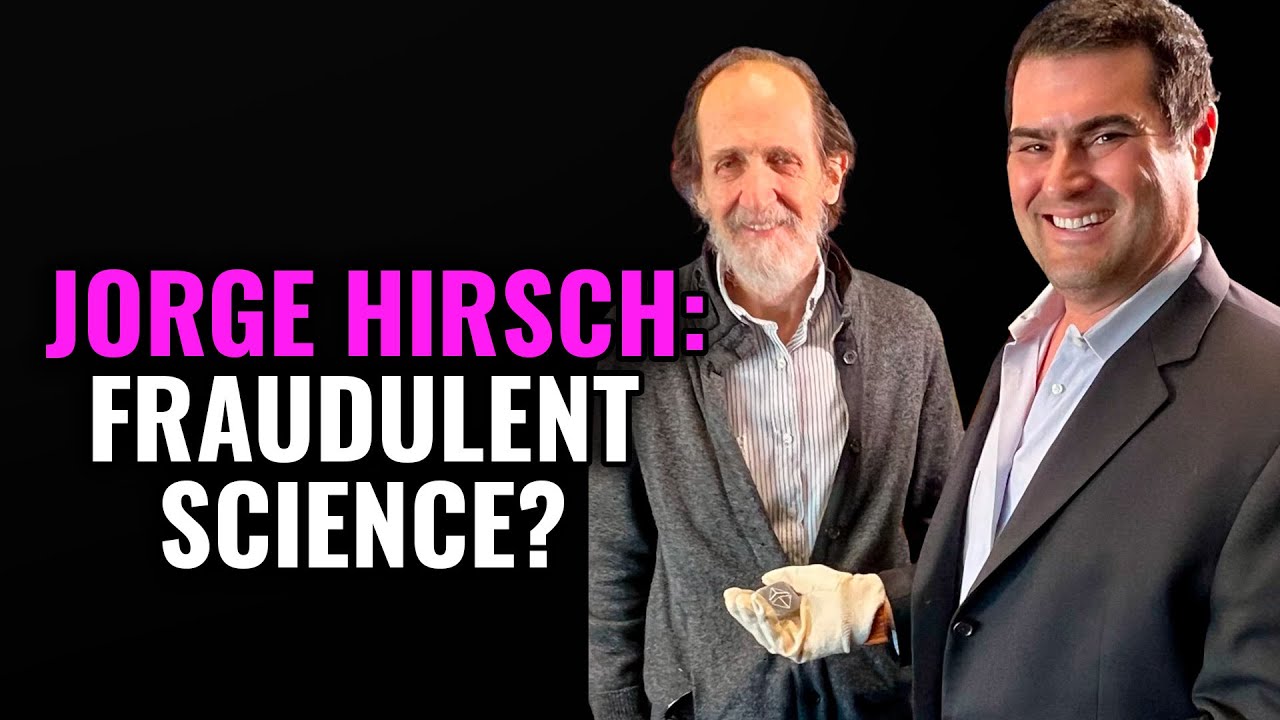On 2023-03-09 a post here, “Room Temperature Superconductivity? ‘This Time for Sure!’ ”, discussed a paper published in Nature the day before which reported observation of superconductivity at room temperature (20° C) in nitrogen-doped lutetium hydride compressed to a temperature of 10 kilobar (10,000 times sea level atmospheric pressure).
Prof. Jorge Hirsch, a condensed matter physicist at the University of California, San Diego whose career has been largely devoted to study of superconductivity and quantum effects in bulk material, said “Not so fast”. He pointed out a number of apparent discrepancies in the data reported by the authors, some of whom had published a paper in Nature in 2020 claiming superconductivity in another material under high pressure which was subsequently retracted after release of their raw data, which were inconsistent with the description in the original paper.
In this hour long conversation with Brian Keating, Prof. Hirsch discusses the “red flags” he sees in the recent paper, the difficulty of testing superconductivity in a tiny sample under extreme pressure, and the authors’ refusal to release their raw data or provide samples of the material to other scientists for testing, citing intellectual property rights and a patent pending on the material, “We are not going to distribute this material, considering the proprietary nature of our processes and the intellectual property rights that exist.”
In his written work about this issue, Hirsch tends to come across as a bit over-the-top, and has had papers banned from arXiv due to his “inflammatory content”, but in this interview he states his case clearly, based upon the published data and refusal to release raw data, and leaves it to the listeners to come to their own conclusions.
Another post here on 2023-04-03, “The Superconductivity Squabble, Physics, History, and Controversy”, discussed the physics and history of superconductivity and the background to the present controversy.
